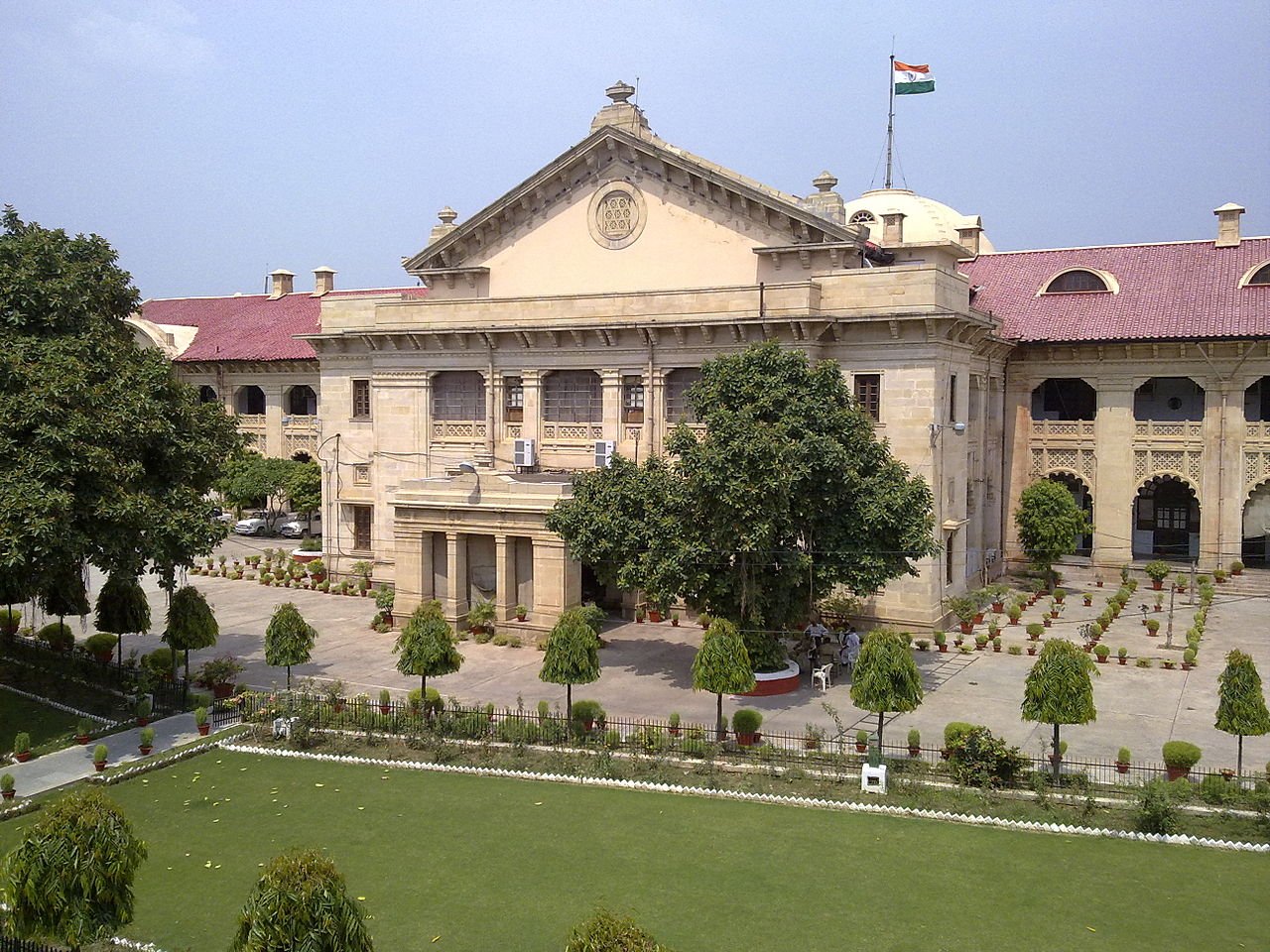The Ministry of Electronics and Information Technology (MeitY) has filed an affidavit in opposition to comedian Kunal Kamra’s petition challenging the recent amendments to the Information Technology (Intermediary Guidelines and Digital Media Ethics Code) Rules, 2021 (IT Rules 2021) before the Bombay High Court.
In the affidavit, the government stressed that it possesses resources to verify fake news that the average citizen lacks, and that it is critical to ensure the public receives accurate information.
The MeitY affidavit further indicated that disseminating false information undermines public trust in democratic institutions and raises questions about the elected government’s intentions.
“False and misleading information can adversely impact electoral democracy, the economy and the social fabric in many ways, with severe and lasting damage. It has the potential to fan separatist movements and intensify social and political conflict, while also weakening public trust in democratic institutions. In matters of public interest, misleading content on social media platforms influences citizens’ perceptions regarding reality and creates doubts regarding the actions and intentions of the democratically elected government,” the affidavit asserted.
Comedian Kunal Kamra has filed a petition challenging the recent amendments to the Information Technology (Intermediary Guidelines and Digital Media Ethics Code) Rules, 2021 (IT Rules 2021) before the Bombay High Court.
The amendments, specifically Rule 3, empower the Ministry of Electronics and Information Technology of the Central government to notify an authorized fact-checking body to identify and label any online news it considers false or fake regarding any activity of the Central government.
Kamra seeks a declaration that Rule 3(i)(II)(A), (C) of the Amendment Rules violates section 79 of the Information Technology Act and articles 14 and 19(1)(a), (g) of the Constitution.
The MeitY affidavit claims that the majority of news-related content on social media websites in India is generated by users without sources to verify information. This creates an opportunity for anti-social organizations to exploit and disseminate false information.
“While a common user may not have the available time and resources to verify the information, anti-social and anti-India actors/ organizations have been using this feature of social media to deliberately publish and amplify false information. Further, anonymity over the internet has also led to the misuse of social media to spread false information using manual or technological means by making bot accounts or conducting coordinated operations,” the affidavit stated.
Regarding government decisions in particular, MeitY anticipates that one-sided information will be disseminated via social media and that citizens will act on it even before or without an official announcement from the government.
The affidavit filed by the Ministry of Electronics and Information Technology (MeitY) in the Bombay High Court pointed out that advanced technologies like artificial intelligence and other technical tools could be employed to create and distribute fabricated or unverified stories among the billions of users in India.
The MeitY further argued that the amendments made to the Information Technology (Intermediary Guidelines and Digital Media Ethics Code) Rules, 2021 (IT Rules 2021) were in the greater public interest to establish a fact-checking system that relies on evidence.
The Ministry of Electronics and Information Technology (MeitY) stated that under the IT rules, an aggrieved individual could contact a grievance officer to seek redress.
Additionally, the individual could appeal the officer’s decision to the Grievance Appellate Committee (GAC) by following the outlined procedure. MeitY also emphasized that the fact-checking unit’s role was to solely identify false or misleading information relating to Central government affairs.
“The role of fact check unit is not for any opinion, satire or artistic impression. The aim of the government with regard to the introduction of the impugned provision is explicitly clear and suffers from no purported arbitrariness or unreasonableness as Kamra has alleged,” the affidavit concluded.



